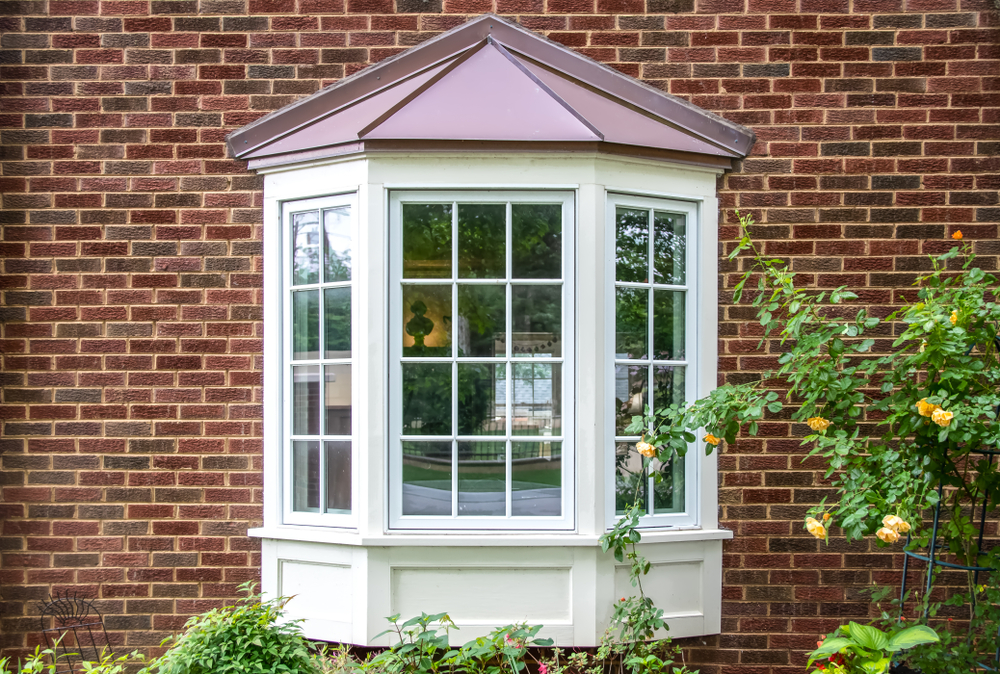Selecting the right window frames for your home is crucial, as they significantly impact your home’s aesthetic, energy efficiency, and maintenance needs. Each material—wood, vinyl, aluminum, and fiberglass—has its unique advantages and disadvantages. Understanding these can help you make an informed decision that fits your specific requirements and budget.
Wood Window Frames
Wood has been a traditional choice for window frames for centuries. Its natural beauty and versatility make it a favorite among homeowners looking for a classic and elegant appearance.
Advantages
- Aesthetics: Wood frames offer a warm, natural look that can be stained or painted to match any decor.
- Insulation: Wood is a natural insulator, helping to keep your home warm in the winter and cool in the summer.
- Customization: Wood frames can be easily customized to fit unique window shapes and sizes.
Disadvantages
- Maintenance: Wood requires regular maintenance to protect it from moisture, insects, and rot. This includes periodic painting or staining.
- Cost: Wood frames tend to be more expensive than other materials due to their quality and the maintenance required.
Vinyl Window Frames
Vinyl window frames are a popular choice for those looking for a cost-effective and low-maintenance option. Made from PVC (polyvinyl chloride), these frames offer several practical benefits.
Advantages
- Cost-Effective: Vinyl frames are generally more affordable than wood, aluminum, or fiberglass.
- Low Maintenance: They do not require painting or staining and are resistant to moisture, making them ideal for humid climates.
- Energy Efficiency: Vinyl frames have good thermal insulation properties, helping to reduce energy costs.
Disadvantages
- Aesthetics: While vinyl frames have improved in appearance over the years, they may not offer the same high-end look as wood or aluminum.
- Customization: Vinyl frames are less versatile in terms of customization and may not be suitable for uniquely shaped windows.
Aluminum Window Frames
Aluminum window frames are known for their strength and durability. They are a common choice for modern and industrial-style homes.
Advantages
- Strength: Aluminum is a strong material that can support large panes of glass, making it ideal for big windows.
- Durability: These frames are resistant to corrosion and require minimal maintenance.
- Slim Profile: Aluminum frames can be manufactured with a slim profile, providing a sleek and modern appearance.
Disadvantages
- Thermal Conductivity: Aluminum is a poor insulator, which can lead to heat loss in the winter and heat gain in the summer. This can be mitigated with thermal breaks but may still affect energy efficiency.
- Cost: While generally less expensive than wood, aluminum frames can be more costly than vinyl.
Choosing the right window frames involves weighing the pros and cons of each material against your specific needs and preferences. Wood offers timeless beauty and excellent insulation but requires regular upkeep. Vinyl is cost-effective and low-maintenance but may lack high-end aesthetics. Aluminum provides strength and a modern look but is less energy-efficient. Fiberglass combines durability and energy efficiency but comes at a higher price point.


